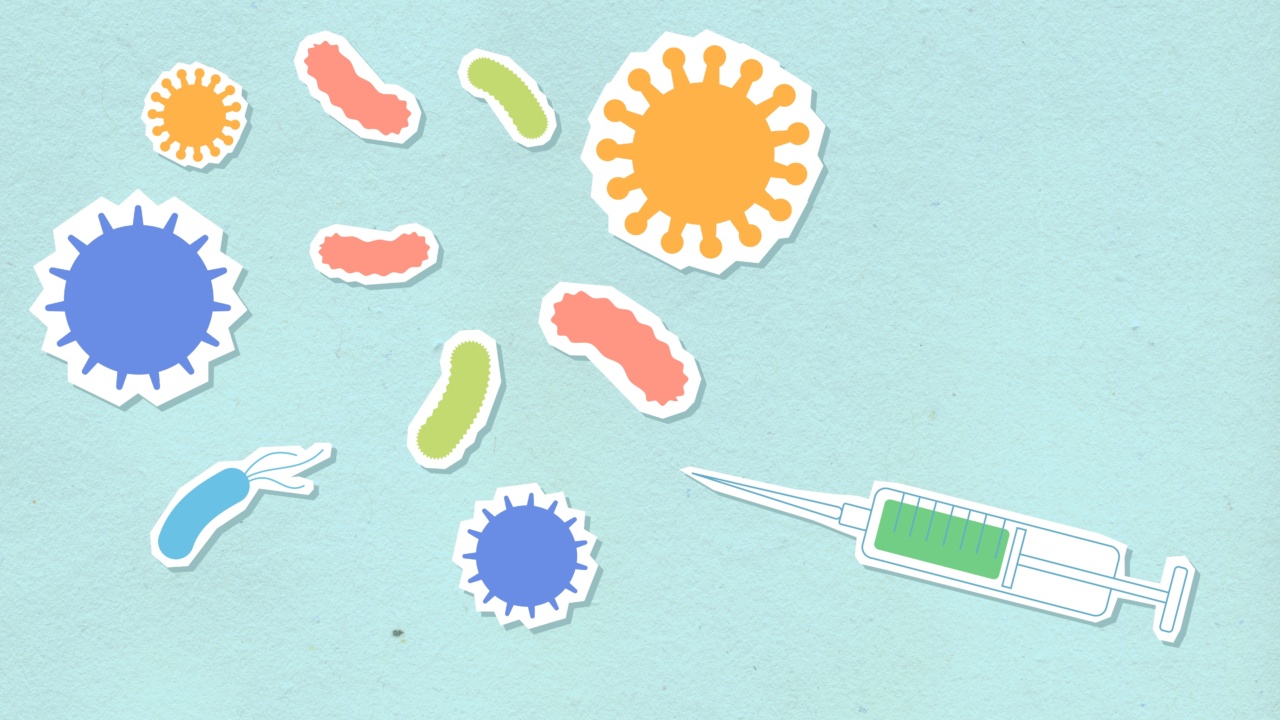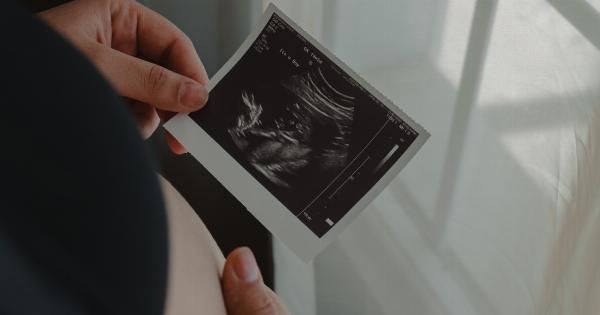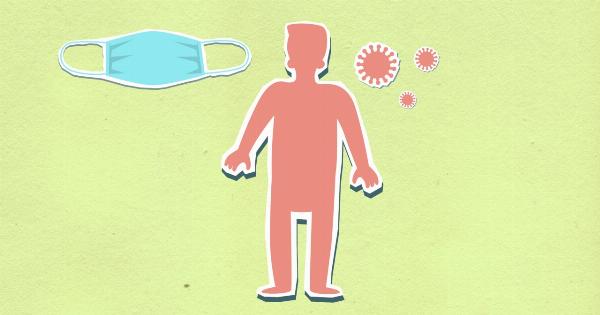Bringing a new life into this world can be an exciting experience, but it also requires a lot of attention and care. From the moment they are born, babies are vulnerable to various infections and illnesses.
However, some infections can have severe consequences for newborns, and it’s crucial to be aware of them so that you can take the necessary precautions.
1. Group B Streptococcus (GBS)
Group B Streptococcus is a bacterium that usually lives harmlessly in the vagina or rectum. However, GBS can cause serious infections in newborns if it’s transmitted during childbirth.
In some cases, GBS can lead to sepsis, pneumonia, and meningitis, which can be fatal. To prevent GBS, pregnant women should get tested for the bacterium at 36 to 37 weeks of pregnancy, and if they test positive, they should receive antibiotics during labor.
2. Herpes Simplex Virus (HSV)
Herpes Simplex Virus is a highly contagious virus that can cause cold sores and genital herpes in adults. However, if a pregnant woman carries the virus, she can pass it to her baby during delivery, which can result in severe infection and even death.
Babies born with HSV can develop skin rashes, eye infections, and inflammation of the brain. To prevent HSV, pregnant women should get tested for the virus in their third trimester and avoid contact with people who have active cold sores or genital herpes.
3. Cytomegalovirus (CMV)
Cytomegalovirus is a common virus that can cause flu-like symptoms in adults. However, if a pregnant woman contracts the virus, it can be transmitted to her baby during pregnancy or delivery.
Babies born with CMV may have hearing loss, vision problems, and developmental delays. To prevent CMV, pregnant women should practice good hygiene, such as frequent hand washing, and avoid contact with the bodily fluids of young children, who are the primary carriers of the virus.
4. Respiratory Syncytial Virus (RSV)
Respiratory Syncytial Virus is a common virus that causes mild cold-like symptoms in adults. However, RSV can be severe in newborns and young infants, leading to bronchiolitis and pneumonia.
RSV is highly contagious and can be transmitted through the air or by touching contaminated surfaces. To prevent RSV, parents and caregivers should practice good hygiene, such as frequent hand washing, and avoid contact with people who have cold-like symptoms.
5. Group A Streptococcus (GAS)
Group A Streptococcus is a bacterium that can cause various infections, such as strep throat, skin infections, and pneumonia. In rare cases, GAS can cause invasive infections in newborns, such as sepsis and necrotizing fasciitis.
To prevent GAS, parents and caregivers should practice good hygiene, such as frequent hand washing, and seek medical attention if a newborn shows signs of infection.
6. Escherichia coli (E. coli)
Escherichia coli is a bacterium that lives in the intestines of humans and animals. However, some strains of E. coli can cause severe infections, such as blood poisoning and urinary tract infections. In newborns, E.
coli infections can lead to sepsis and meningitis. To prevent E. coli, parents and caregivers should practice good hygiene, such as frequent hand washing, and avoid exposure to contaminated food and water.
7. Hepatitis B Virus (HBV)
Hepatitis B Virus is a viral infection that affects the liver. If a pregnant woman carries the virus, she can transmit it to her baby during delivery, which can lead to chronic liver disease and liver cancer.
To prevent HBV, pregnant women should get tested for the virus and receive vaccinations if they are not immune. Newborns should also receive a vaccine within 12 hours of birth, followed by two more doses in the first six months of life.
8. Group B Hemolytic Streptococcus (GBHS)
Group B Hemolytic Streptococcus is a bacterial infection that can cause various illnesses in humans, including neonatal sepsis, meningitis, and pneumonia.
The bacteria can pass from a pregnant woman to her newborn either during delivery or while in the womb. To prevent GBHS, pregnant women should get tested for the bacteria and receive antibiotics during labor if they test positive. Newborns may also need antibiotics if they show signs of infection.
9. Syphilis
Syphilis is a sexually transmitted bacterial infection that can have serious consequences for pregnant women and their babies.
If left untreated, syphilis can cause stillbirth, premature birth, and congenital syphilis, which can result in deafness, blindness, and developmental delays. To prevent syphilis, pregnant women should get tested for the infection early in pregnancy and receive antibiotics if they test positive.
10. Chlamydia
Chlamydia is a sexually transmitted bacterial infection that can lead to serious health problems in newborns, such as eye infections and pneumonia. If left untreated, chlamydia can also cause premature birth and low birth weight.
To prevent chlamydia, pregnant women should get tested for the infection early in pregnancy, and if they test positive, they should receive antibiotics.
Conclusion
Newborns are vulnerable to various infections and illnesses, but some infections can be severe and have lifelong consequences. It’s crucial for pregnant women to get tested for infections and take precautions to prevent transmission to their babies.
Parents and caregivers should also practice good hygiene and seek medical attention if a newborn shows signs of infection. With proper care and attention, newborns can have a healthy start to life.




























